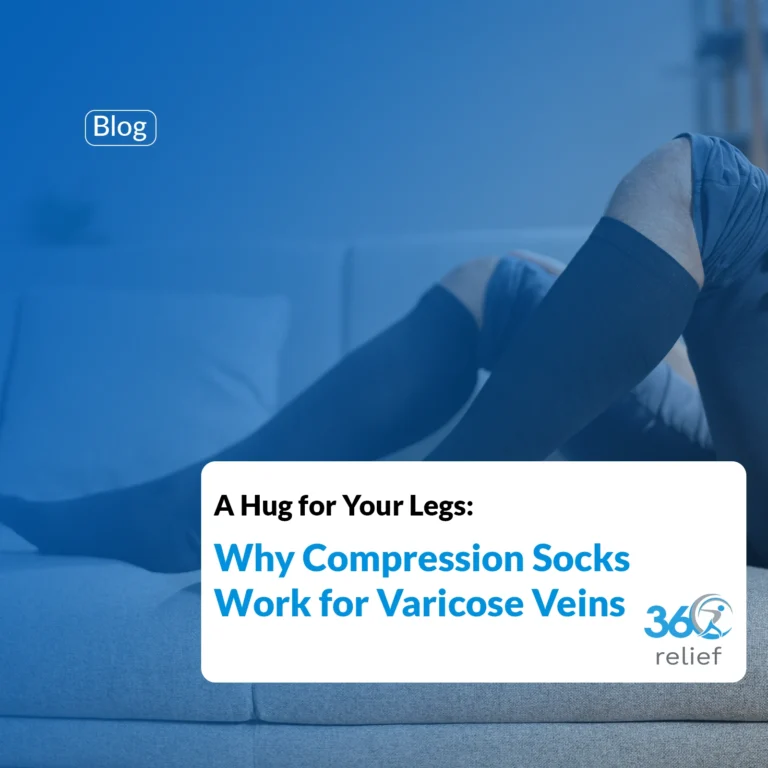
A Hug for Your Legs: Why Compression Socks Work for Varicose Veins
Varicose veins are more than just a cosmetic concern. For many people, they bring discomfort, swelling, and a heavy feeling

Everyday life includes walking up stairs, but knee discomfort can make this basic activity difficult. Walking up or down stairs can cause knee pain, which could indicate a serious underlying problem ranging from arthritis to a ligament tear. Knee pain when climbing stairs might occasionally also be caused by other factors, such as footwear and weight.
You can manage your knee discomfort without making symptoms worse by knowing what’s causing it. Depending on your circumstances, knee pain can be reduced with short-term fixes like stretching before climbing stairs, while knee pain can be resolved over time with mild activities that strengthen the muscles surrounding your knee. If no other therapies work, some patients may benefit from knee replacement surgery.
Table of Contents
ToggleUnderstanding the possible causes of knee pain while climbing stairs is the first step in finding relief. Here are six common culprits behind this discomfort:
Arthritis is a leading cause of knee pain, especially among older adults. Osteoarthritis, the most common type, results from the breakdown of cartilage that cushions the knee joints. As cartilage deteriorates, bones rub against each other, leading to pain, swelling, and stiffness, which can worsen when bending the knee. Rheumatoid arthritis, an autoimmune disorder, can also cause knee inflammation, making stair climbing painful.
Patellofemoral pain syndrome, commonly known as “runner’s knee,” refers to pain around or behind the kneecap. It often results from overuse, poor alignment of the kneecap, or weak thigh muscles. Climbing stairs can intensify the pain, as the kneecap is pressed against the thigh bone during this activity. This condition is common among athletes but can affect anyone who frequently stresses their knees.
The menisci are two crescent-shaped pieces of cartilage in the knee that act as shock absorbers. A meniscus tear is often caused by twisting movements or sudden changes in direction, which are common in sports. However, as we age, the menisci become more prone to injury even from routine activities. A torn meniscus can cause pain, swelling, and a sensation of the knee locking, making it difficult to climb stairs without discomfort.
Tendonitis occurs when the tendons in the knee become inflamed due to overuse or repetitive motions. This condition, often referred to as “jumper’s knee,” is common among people who engage in sports that involve jumping and frequent bending of the knee. Climbing stairs can worsen the pain, as the inflamed tendons are strained during the movement.
The ACL is one of the key ligaments in the knee that provides stability. An ACL injury is typically caused by a sudden twisting motion, often during high-impact sports like basketball or soccer. Damage to the ACL can lead to knee instability, severe pain, and a limited range of motion. Even after an ACL injury has healed, climbing stairs can be painful and may require additional support or careful movement to avoid aggravating the knee.
Weak muscles, particularly in the quadriceps and hamstrings, can contribute to knee pain. These muscles support the knee and help absorb impact when moving. Weakness in these muscles can put more strain on the knee joint, increasing the likelihood of pain while climbing stairs. Strengthening these muscles can help distribute the load more evenly and reduce knee strain.
If you’re experiencing knee pain when climbing stairs, there are several ways to get relief. Treatments range from conservative methods to more intensive interventions, depending on the severity of the pain.
Physical therapy is an effective way to manage knee pain. A physical therapist can develop a personalised exercise program that strengthens the muscles surrounding the knee, especially the quadriceps and hamstrings. Strengthening these muscles can take the load off the knee joint, reducing pain. Physical therapy exercises often focus on building muscle strength, and flexibility, and improving balance, all of which can contribute to less knee strain and pain.
Regularly engaging in low-impact exercises that target the knee and surrounding muscles can help alleviate pain and prevent further injury. Exercises like leg raises, hamstring curls and calf stretches can strengthen muscles without putting additional stress on the knees. Non-weight-bearing exercises, such as swimming or cycling, are excellent choices that allow you to build muscle without overloading the knee joints.
Nutrition plays a crucial role in joint health. A balanced diet rich in essential nutrients like protein, calcium, vitamin D, and omega-3 fatty acids can reduce inflammation and promote joint health. Maintaining a healthy weight is also important, as extra body weight can put more pressure on the knees, leading to pain. Adding anti-inflammatory foods such as fatty fish, nuts, and leafy greens may also benefit people with knee pain.
Knee supports can provide instant relief by stabilizing the joint and reducing stress on the knee during activities like climbing stairs. Here are some types of knee supports that can be beneficial:
Adjustable neoprene knee support offers warmth and compression, which can alleviate pain and improve flexibility. These supports are typically adjustable, allowing for a snug fit that stabilises the knee without restricting movement.
Compression knee bandages are lightweight and provide gentle support. They help to increase blood flow, which reduces swelling and relieves pain. These are ideal for mild knee pain and can be worn during everyday activities.
Hinged knee braces provide maximum support and are suitable for people with moderate to severe knee injuries. The hinge limits lateral movement, which is beneficial for those with an ACL injury or a meniscus tear. This type of brace offers stability and reduces pain while climbing stairs.
Patellar tendon knee support focuses on relieving pressure from the patellar tendon, making it suitable for individuals with patellar tendonitis or “jumper’s knee.” The double strap design ensures the support remains in place, allowing for better mobility with reduced pain.
Using proper technique when climbing stairs can also reduce knee pain. For example, focusing on even weight distribution between both legs, taking slow and controlled steps, and avoiding abrupt movements can help prevent unnecessary strain on the knees. When going downstairs, try to keep the knee slightly bent to reduce the impact.
Preventing knee pain, especially when climbing stairs, is possible with a few mindful practices and lifestyle changes. Here are some key tips:
Don’t disregard knee pain if it occurs for any cause. Exercise and other forms of rehabilitation can frequently reduce discomfort and restore enjoyment in walking. Consult a knee specialist and go over your choices if your knee condition calls for extra care. Find out how to enhance your quality of life and alleviate your knee discomfort.
One of the best ways to do that is to incorporate strengthening workouts into your daily routine and move however you feel most comfortable. As you go about your everyday activities and use the stairs, it helps you become more pain-tolerant.

Varicose veins are more than just a cosmetic concern. For many people, they bring discomfort, swelling, and a heavy feeling
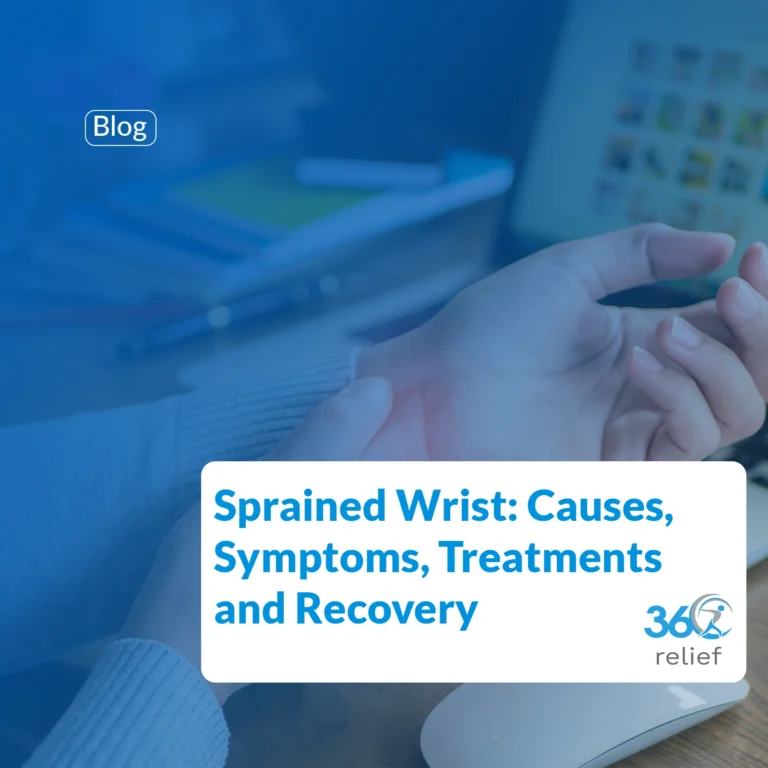
A wrist sprain(s) occurs when a ligament in the wrist is partially injured. Ligaments are the dense connective tissues that

The 2025 Unibet British Open Snooker is just around the corner, and excitement is building as fans prepare to watch
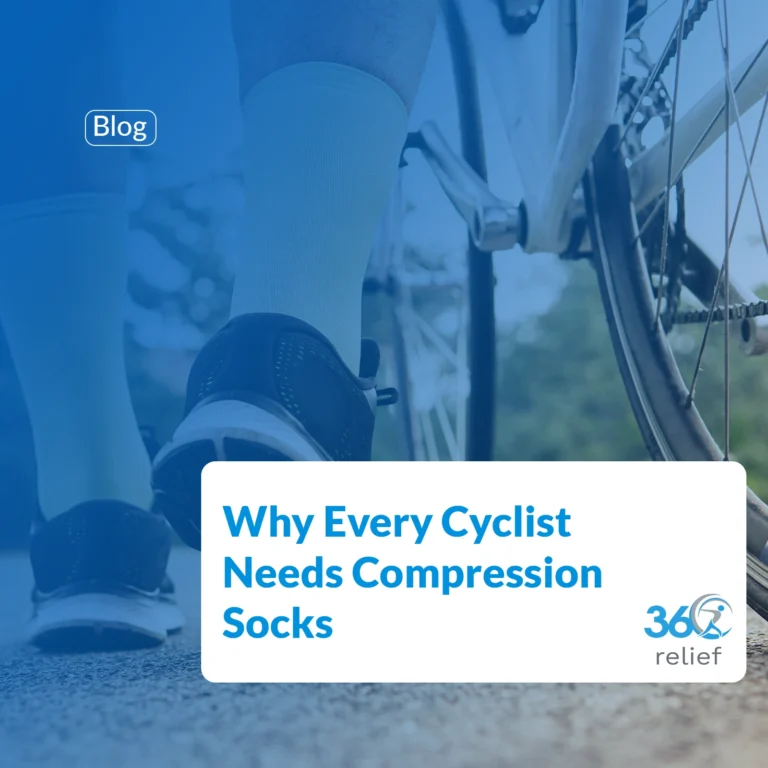
Cycling is one of the most rewarding sports for both fitness and leisure, but it also places high demands on

Cycling fans across the UK are gearing up for one of the most exciting events on the sporting calendar –

The World Boxing Championships 2025 are just around the corner, with Liverpool preparing to host some of the finest athletes

Getting enough sleep is one of the most important foundations of good health, yet many people in the UK struggle

1. Introduction – Rugby’s Biggest Stage Returns to England From August to September 2025, England will host the most exciting
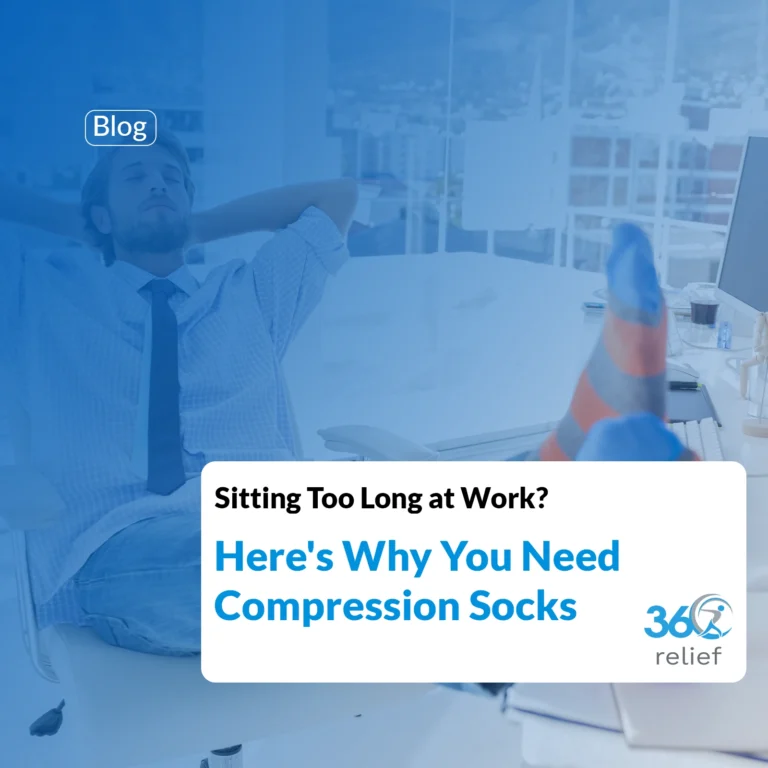
Modern workplaces often involve long hours at a desk, whether in an office or working from home. While sitting may
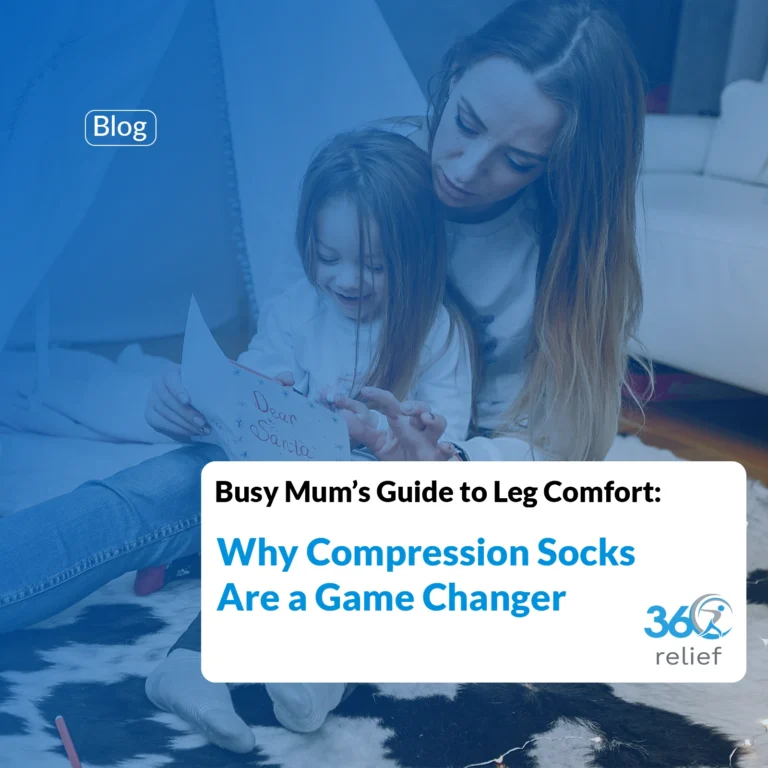
Mums are the true multitaskers of everyday life. From school runs to supermarket trips, from cleaning to working on your

Every year, thousands of people across the UK embrace Cycle To Work Day as an opportunity to swap four wheels

When it comes to safeguarding our knees, whether for running, lifting, rehab or daily movement, choosing the right support can
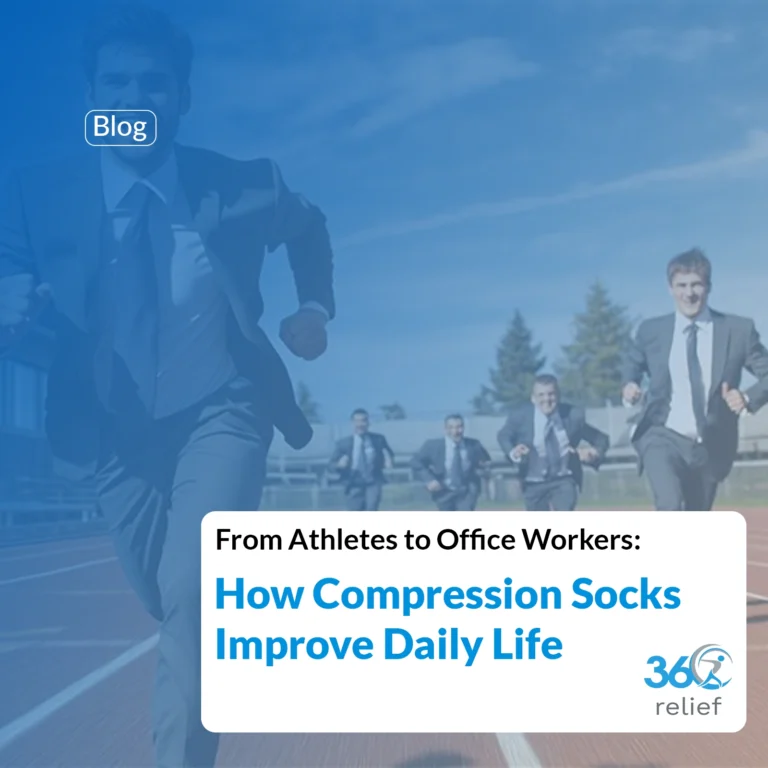
Whether you’re an athlete striving for peak performance, a healthcare professional spending long hours on your feet, or an office

Holidays are coming, which means that let’s welcome them with joy, laughter, and, of course, some comfort! At 360 Relief,

Happy Cyber Monday to everyone; it is a perfect occasion for 360 Relief to offer a special discount of 10%

